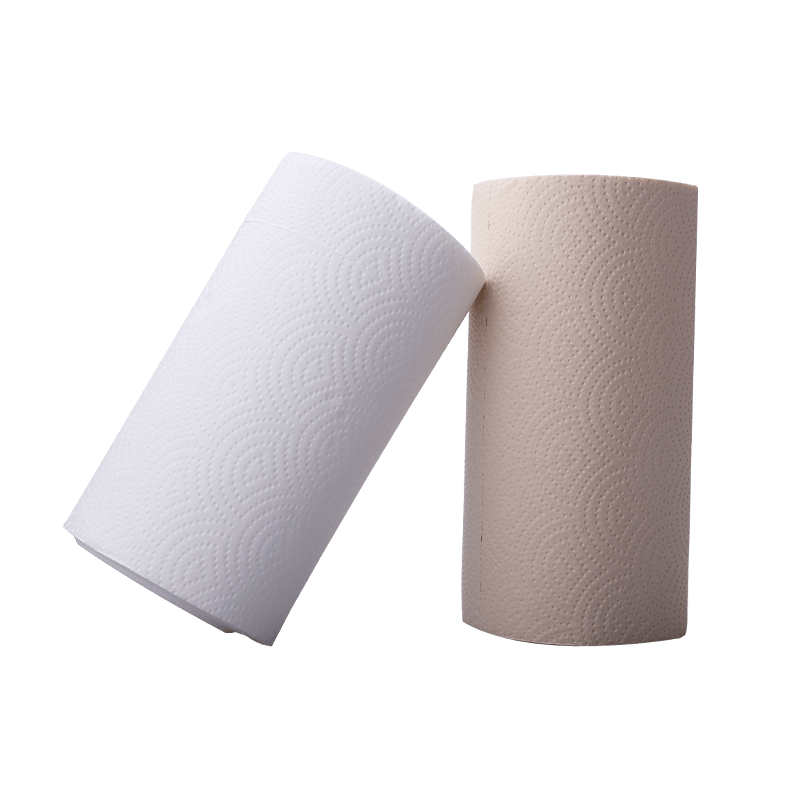Bamboo vs. Traditional Kitchen Paper Towels: Which is the Better Choice
As sustainability concerns and the environment-friendly living continue to influence the way we live, many householders are considering alternatives to everyday items including the kitchen paper towels. Traditionally made from wood pulp that is either recycled or virgin, the traditional kitchen paper towels have become an essential in the majority of households. But bamboo kitchen paper towels are gaining popularity as an eco-friendly and durable alternative. This article will focus on the major distinctions between bamboo and traditional kitchen paper towels, exploring their materials, performance, environmental impact and their long-term value to assist you in making an informed decision bamboo and traditional kitchen paper towels.
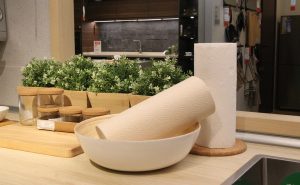
What are Bamboo Kitchen Paper Towels
Bamboo kitchen paper towels are an environmentally friendly alternatives to conventional paper towels that are made from trees-based pulp. They are manufactured from bamboo fibers, which are a renewable, fast-growing biodegradable and renewable material. Bamboo towels are made to perform the same cleansing and absorption features as paper towels, but with more durability and, in some instances, reusability.
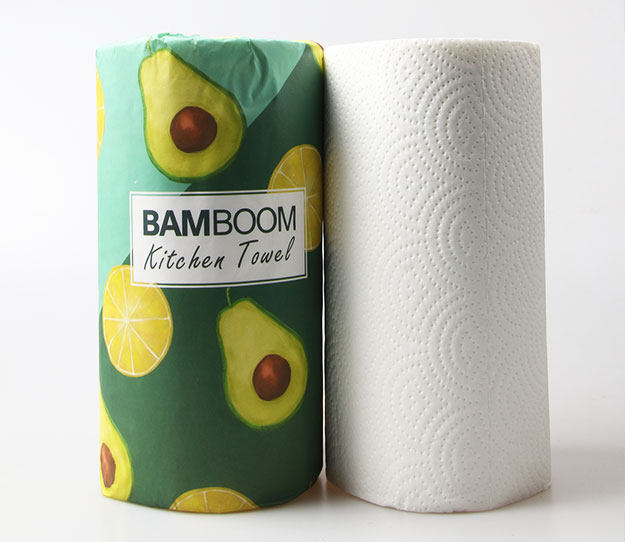
Advantages
- Eco-Friendly and Sustainable: Bamboo grows quickly (up at 3 to 4 feet a each day) without the requirement for pesticides or the need for replanting. Bamboo reduces the need for deforestation and the use of tree-based pulp products.
- Reusable and Durable: In contrast to traditional paper towels that are single-use Bamboo towels can be cleaned and reused as many as 50 times per sheet. They are strong and absorbent even if they are they are wet.
- Highly Absorbent: Bamboo fibers are naturally absorbed which makes them perfect to clean up spills and mess ups quickly.
- Antibacterial Properties: Bamboo is naturally resistant to the growth of microbial organisms, which helps to prevent the buildup of odors and bacteria when used again.
- Biodegradable: Bamboo towels are completely compostable and break down much faster than tree-based or synthetic alternatives.
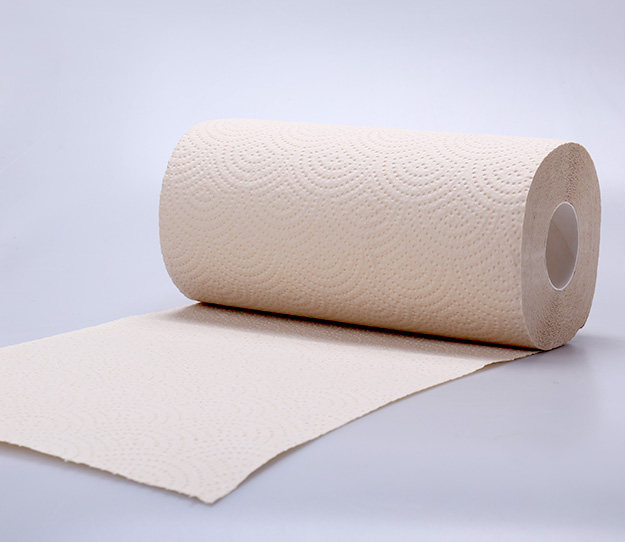
Limitations
- Higher Initial Cost: Bamboo kitchen paper towels usually are more expensive upfront than standard options, and are especially ones that are reusable.
- Availability: They may not be widespread in all areas or in retail stores as conventional paper towel.
- Requires Maintenance: Reusable versions have to be dried and rinsed following each use. This may be a hassle for some users.
- Absorbency Varies by Brand: While some are very absorbent, their quality varies between brands, with some not as effective in large spills or greasy stains.
What are Traditional Kitchen Paper Towels
Traditional kitchen paper towels are disposable household cleaning products made mostly by utilizing wood pulp from trees. They are designed for one-time use purpose and most typically used to wipe surfaces as well as cleaning up spills or drying hands, as well as general hygiene in the kitchen. These towels are produced by an enzymatic and mechanical process which converts cellulose fibers into smooth, absorbent sheets. usually perforated and then made into rolls for easy distribution.
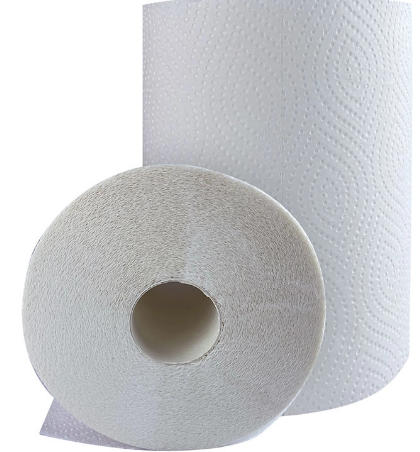
Advantages
- Convenience: It is designed for one-time use. Simply take it off and dispose of. There is no need to clean or clean.
- High Absorbency: Specially designed to suck up liquids fast, which makes it perfect for removing spills.
- Widely Available: You can easily find them in any supermarket or food store, they are available with a variety of sizes, textures as well as ply level.
- Cost-Effective Upfront: The average cost per roll is lower as compared with bamboo or recyclable alternatives.
- Soft and Versatile: Multi-ply, soft versions that are suitable for gentle tasks such as wiping hands or even faces.
Limitations
- Single-Use Waste: Made to be recyclable and reusable, they create a lot of household waste, and also contributing to the landfill.
- Environmental Impact: Produced from trees, frequently contributing to deforestation as well as increased carbon emissions from production and transport.
- Not Reusable: The tears are easily swollen when wet, and is not able to be cleaned or reused, thereby increasing the amount of water used.
- Chemical Processing: Most often, chemicals are treated or bleached during manufacturing, which may not be appropriate for use in food-related processes or with eco-conscious users.
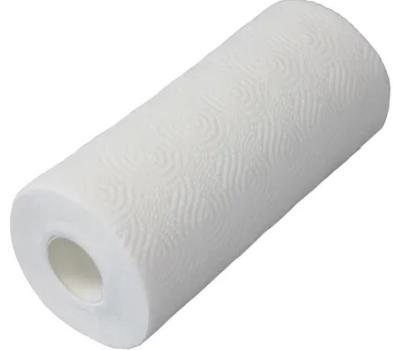
Comparisons Between Bamboo vs. Traditional Kitchen Paper Towels
| Feature | Bamboo Kitchen Paper Towel | Traditional Kitchen Paper Towel |
| Source Material | Bamboo (fast-growing grass that is renewable and fast-growing) | The wood pulp (from trees, and often contributes to deforestation) |
| Environmental Impact | Low (biodegradable green, sustainable, recyclable alternatives are available) | High (single-use is a contributor in landfill garbage) |
| Reusability | Most often, they can be reused (up fifty times for each sheet) | Single-use only |
| Durability | Durable and tear-resistant, even in the event of a wet | The fibers tend to tear easily when wet. |
| Absorbency | Very absorbent (varies according to the brand) | Good absorbency, but cannot be reused. |
| Antibacterial Properties | Naturally antibacterial | There are no antibacterial properties inherent in the product. |
| Upfront Cost | The higher initial cost per roll | Lower initial cost per roll |
| Long-Term Cost Efficiency | Cost-effective over time because of reuse | Long-term costs are higher because of frequent purchasing |
| Availability | Rare in stores, and more commonly sold on the internet. | It is widely available in supermarkets |
| Convenience | It is recommended to rinse and dry when reusable | Very convenient to use; just remove |
| Common Applications | General cleaning, food prep, reusable cloth substitute | Quick cleanups, drying hands, kitchen spills |
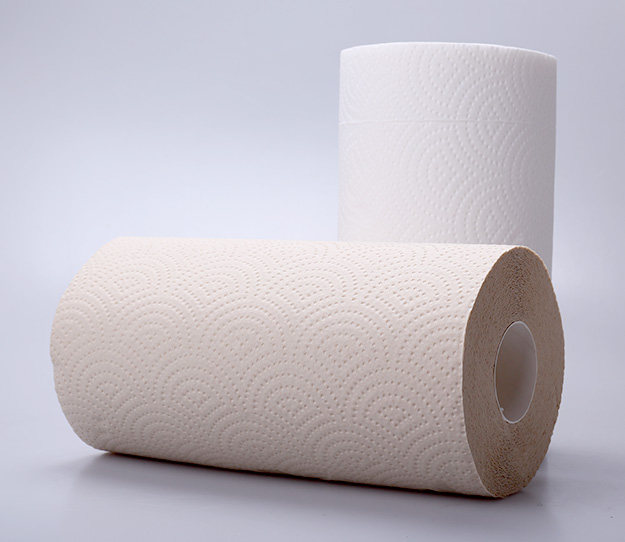
Key Factors to Consider for Choosing Between Bamboo and Traditional Kitchen Paper Towels
The decision between bamboo and traditional kitchen paper towels goes beyond a simple preference. It is based on evaluating several key factors that affect performance, cost, sustainability and lifestyle requirements.
1. Understanding Your Cleaning Habits
The first thing to consider is the frequency and intensity with which you utilize paper towels. If you have a household that uses many sheets every day for anything from drying dishes to washing up after pets or children Durability and frequency of use are essential. Bamboo towels, specifically those that are reusable, tend to be more durable than standard towels. They are able to endure wet scrubbing as well as multiple washes, which makes them ideal for use in heavy or regular usage. If, however, your use is minimal or not frequent, the ease of paper towels that are used only once could be sufficient.
2. Assessing Environmental Impact
One of the biggest difference between the two is in their impact on the environment. Traditional paper towels are made from wood pulp, which contributes to deforestation as well as generating significant post-consumer waste. They are made for single use, so every spill creates more waste. Bamboo towels, which are sourced from a fast-growing, renewable plant, provide an environmentally friendly solution. Some of them are even biodegradable or compostable, making them more sustainable for the environment. If sustainable living is important to you bamboo towels can be a good choice. the greenest option.
3. Cost Vs. Long-Term Value
At first glance the traditional kitchen paper towels appear to be a budget-friendly choice. The price per roll is typically cheaper, and they’re easily available in large quantities. But, the initial price isn’t a reflection of their economic impact. Bamboo paper towels could cost more, however their long-lasting durability and reuseability result in less frequent purchases. In time, a single bamboo towel–especially those that washable–can replace hundreds of traditional rolls, delivering more value over the long term. Examining your budget from an immediate and a long-term perspective will help you make the right choice.
4. Convenience and Availability
Convenience is a key aspect for many families. Traditional paper towels are the winner in this area due to their prevalence in shops and their easy and disposable design. You simply use a sheet to throw it out and then move forward. Bamboo towels, especially those that can be reused, could require drying and washing after use, which is another step to your daily routine. In addition, even though bamboo towels are gaining popularity, they could be difficult to find at local shops, typically needing online purchase.
5. Health and Hygiene Considerations
For work that involves the use of food or on surfaces that require hygiene is crucial. Bamboo has naturally antibacterial properties. This makes it a healthier option to use over and over again. In contrast traditional towels provide the guarantee of a new and clean sheet each time. If your goal is to keep yourself clean and a minimum of exertion, then disposable towel may appear more comfortable. But, if you’re comfortable with washing and maintaining your towels that are reused bamboo is an environmentally friendly and hygienic alternative.
6. Lifestyle and Personal Priorities
Ultimately, the choice between traditional and bamboo kitchen paper towels is often indicative of more general lifestyle choices. If you’re transitioning to an eco-friendly or low-waste household bamboo towels are in line with these values. If the convenience, availability and routine is more significant to you conventional paper towels could continue to satisfy your needs in a way.
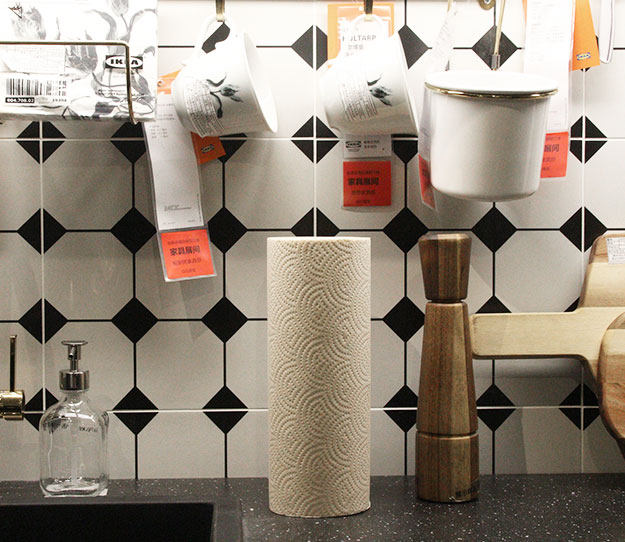
Summary
- The bamboo kitchen paper towels are eco-friendly, durable, reusable, and durable alternatives, which makes them perfect for those who are concerned about the environment.
- The traditional kitchen paper towels, although convenient and widely available, however, come at a higher environmental and long-term financial cost.
Final Thoughts
The choice between traditional and bamboo kitchen paper towels is a matter of careful consideration of how you balance performance, sustainability, convenience, and cost. Bamboo kitchen paper towels provide an appealing alternative to conventional kitchen paper towels in almost all aspects, from and strength to long-term cost efficiency. Although the traditional kitchen paper towels might remain a popular choice for cost and convenience, switching to bamboo kitchen towels is more than a trend and it’s a tiny but significant step towards an eco-friendly kitchen style.

